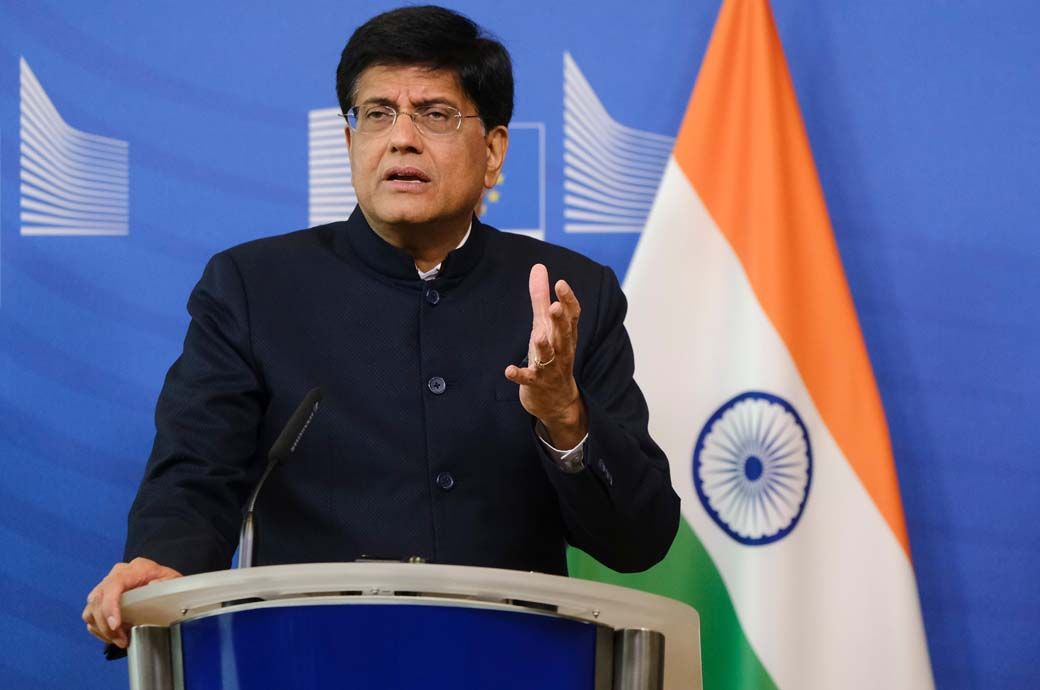
They also want to promote investment, particularly in critical sectors and production of key goods; and enhance workers’ role through upskilling, reskilling and increasing comparability of skills credentials frameworks across IPEF.
The second IPEF Ministerial Meeting was held in Detroit recently. Indian minister for commerce and industry Piyush Goyal virtually participated in the meeting, an official release from the Indian government said.
The framework is structured around four pillars relating to trade (pillar I), supply chains (pillar II), clean economy (pillar III) and fair economy (pillar IV). India had joined pillars II to IV, while it has an observer status in pillar I.
Under pillar III, IPEF partners are aiming to advance cooperation on research, development, commercialisation, availability, accessibility and deployment of clean energy and climate-friendly technologies, and facilitate investment towards climate-related projects in the region.
Further, interested IPEF partners are introducing a regional hydrogen initiative to encourage widespread deployment of renewable and low-carbon hydrogen and its derivatives in the region.
India would like pillar III’s focus to be centered on action-oriented elements, such as mobilisation of low-cost long-tenure climate finance and enhanced access to clean energy technologies, Goyal said.
Under pillar IV, the partners are working toward development of the text of an agreement that will strengthen implementation of effective anti-corruption and tax measures to boost commerce, trade and investment among IPEF economies.
IPEF was launched jointly by the United States and other partner countries of the Indo-Pacific region on May 23, 2022, at Tokyo.
IPEF has 14 partner countries: Australia, Brunei, Fiji, India, Indonesia, Japan, South Korea, Malaysia, New Zealand, Philippines, Singapore, Thailand, Vietnam and the United States.
Fibre2Fashion News Desk (DS)